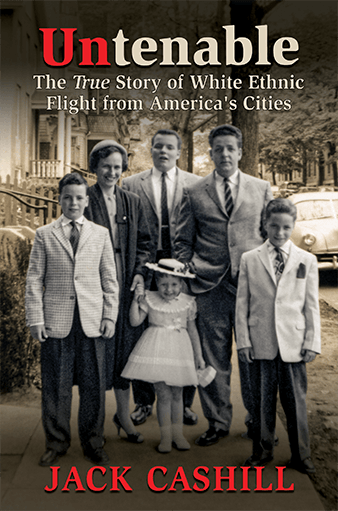 Said Justice Oliver Wendell Holmes Jr. of the Atlanta jury that convicted Leo Frank of murdering a 13-year-old female employee in 1913, “Mob law does not become due process of law by securing the assent of a terrified jury.” Frank was Jewish. The jurors were not necessarily anti-Semitic, but they had good reason to be terrified of the mobs that were. After Georgia Gov. John Slaton commuted Frank’s sentence from death to life imprisonment, the mobs stormed the prison, abducted Frank, and hanged him. Slaton and his wife were forced to leave the state.
Said Justice Oliver Wendell Holmes Jr. of the Atlanta jury that convicted Leo Frank of murdering a 13-year-old female employee in 1913, “Mob law does not become due process of law by securing the assent of a terrified jury.” Frank was Jewish. The jurors were not necessarily anti-Semitic, but they had good reason to be terrified of the mobs that were. After Georgia Gov. John Slaton commuted Frank’s sentence from death to life imprisonment, the mobs stormed the prison, abducted Frank, and hanged him. Slaton and his wife were forced to leave the state.
The Minneapolis jurors in the April 2021 trial of former police officer Derek Chauvin had as much reason to be terrified as did the Frank jurors in Atlanta. As the world knows, Chauvin stood accused of murder in the May 2020 death of George Floyd. On April 25 of this year, attorney William Mohrman, in his brief to the Minnesota Court of Appeals, argued that Chauvin could not have hoped to get a fair trial in an environment as fraught with fear as that of Minneapolis circa 2021. By denying Chauvin a change of venue, he continued, the district court denied his client the right to an “impartial jury” as guaranteed in the Sixth Amendment.



